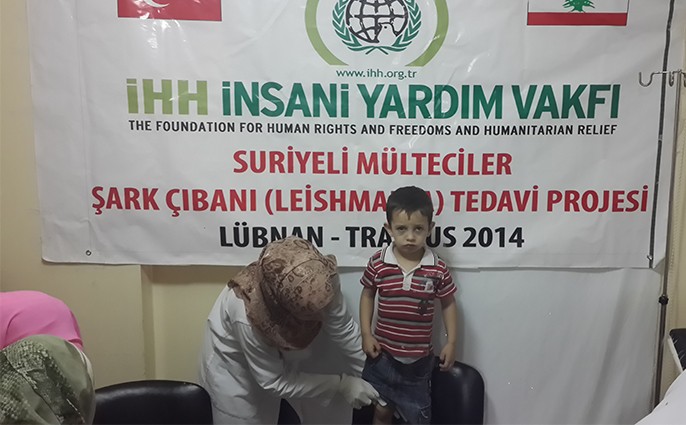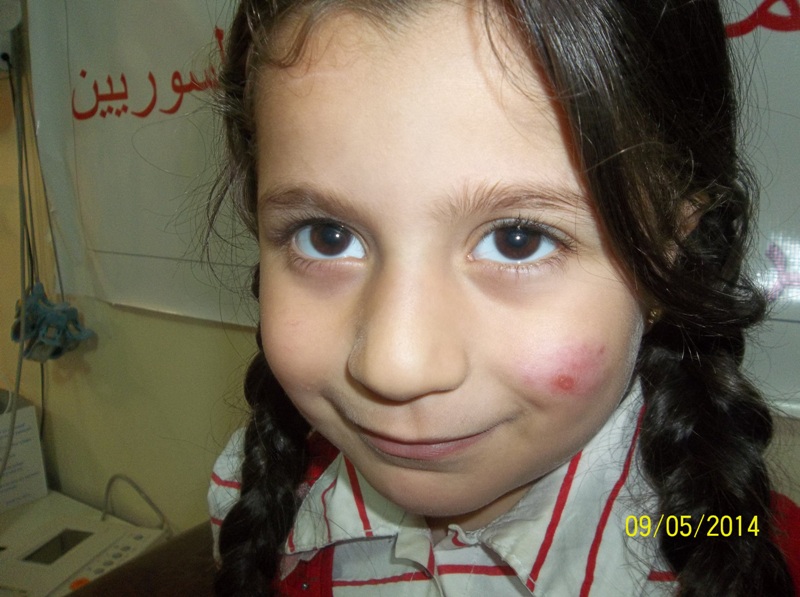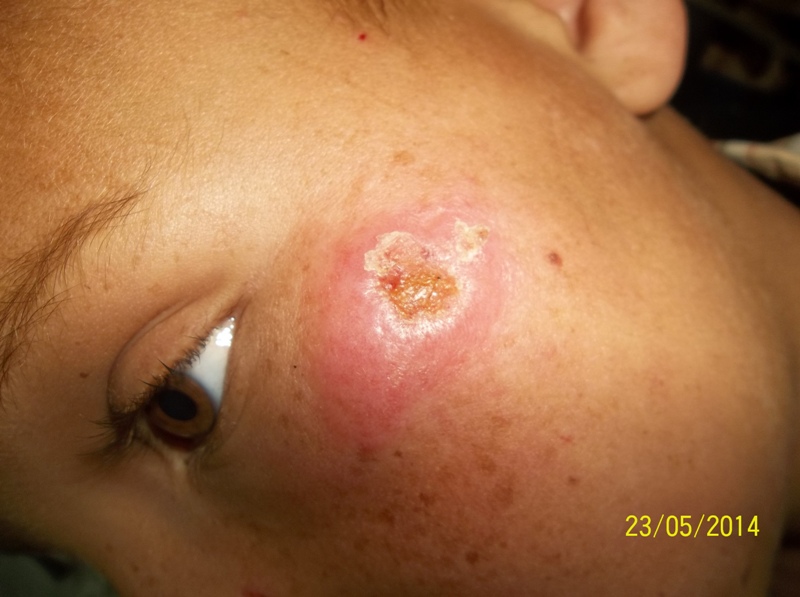
IHH has launched a project for the treatment of the oriental sore disease that have been common among Syrian refugees in Tripoli, Lebanon.
Making observations in the region in late March, IHH teams started to work for the project in May. After the project plan was completed and it was funded, 228 people were cured in Tripoli, in the north of Lebanon in four months time.

1,094 oriental sores were cured within the scope of the the project with the help of the medical officers in the region. Pointinting that the duration of the treatment changes depending on the wound, the authorities mentioned that they used the medicine called Glucantime to cure it. There are approximately 600 Syrian refugees in Tripoli. Oriental sore is seen at most among the people whose ages are 16 and below. This project is planned to be carried out in other regions and countries where there are Syrian refugees.
What is Oriental Sore?
Oriental Sore is also known as Antep Sore and Aleppo Sore. It is spread by simulium which is an intermediate hote. Oriental sore may cause death if it is not cured. The medical treatment is applied approximately two times in a week for about 2 months and the illness is cured.

According to the World Health Organization data, there are 1 million oriental sore (leshmania) cases around the world and 310 million people are at risk to catch it.
According to WHO data, Syria was one of the risky countries to this disease even before the war and the dimenssions of this risk cannot be estimated in today's war conditions in the region.
